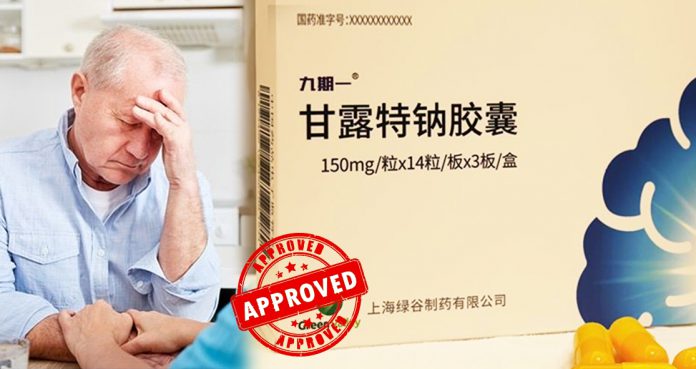Chinese health authorities have approved a seaweed-based drug called Oligomannate for the treatment of Alzheimer’s disease. It is the first new approved medication that has the potential to treat the neurological condition in 17 years.
According to China’s drug safety agency, Oligomannate can be used for the “treatment of mild to moderate Alzheimer’s.”
However, the approval of the new drug is conditional, which means it will undergo strict monitoring and could be recalled if any safety issues occur while it will be available even during additional human trials.
In September, the researchers behind the invention of the new drug said people who consumed seaweed regularly had a lower incidence of Alzheimer’s, which is why they got inspired to look into it.
The team led by Geng Meiyu from the Shanghai Institute of Materia Medica said how an ingredient in seaweed suppressed certain bacteria in the GI system, which have the potential to cause inflammation and degeneration of the nervous system, resulting in Alzheimer’s.
Green Valley, a Shanghai-based pharmaceutical company, confirmed this mechanism during a clinical trial. It will be bringing the seaweed-based drug to market.
The clinical trial was conducted on more than 800 patients. The researchers found that the participants who received Oligomannate had an improvement in their cognitive function in as little as four weeks.
Green Valley advisor and neurologist Philip Scheltens said, “These results advance our understanding of the mechanisms that play a role in Alzheimer’s disease and imply that the gut microbiome is a valid target for the development of therapies.” The Shanghai-based pharmaceutical company said the new drug would be available very soon in China. Currently, the company is seeking approval to sell Oligomannate abroad. It has been planning to launch third-phase clinical trials in the United States and Europe by 2020.























